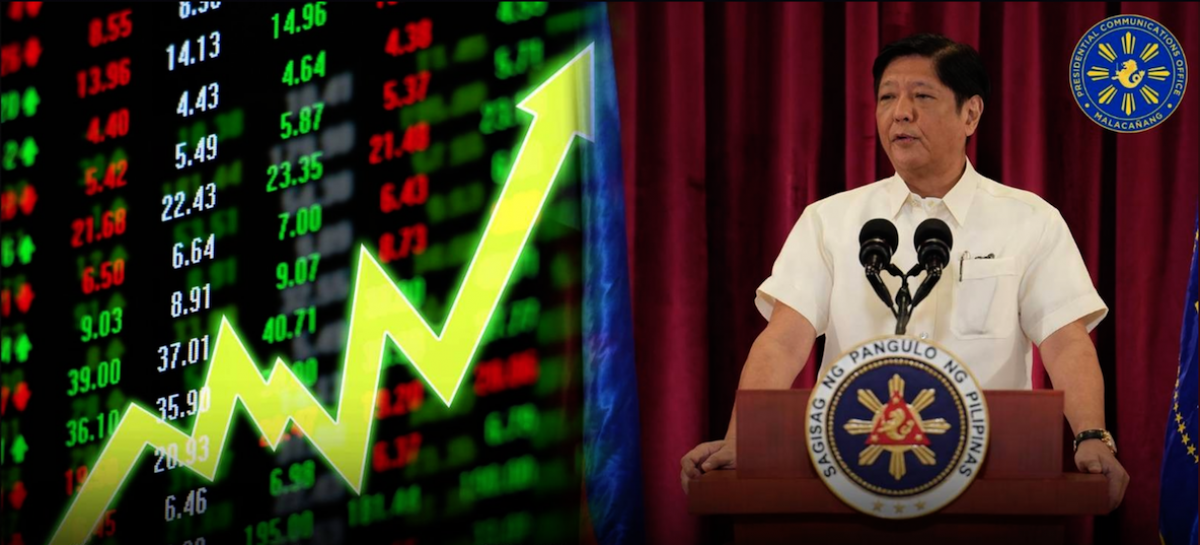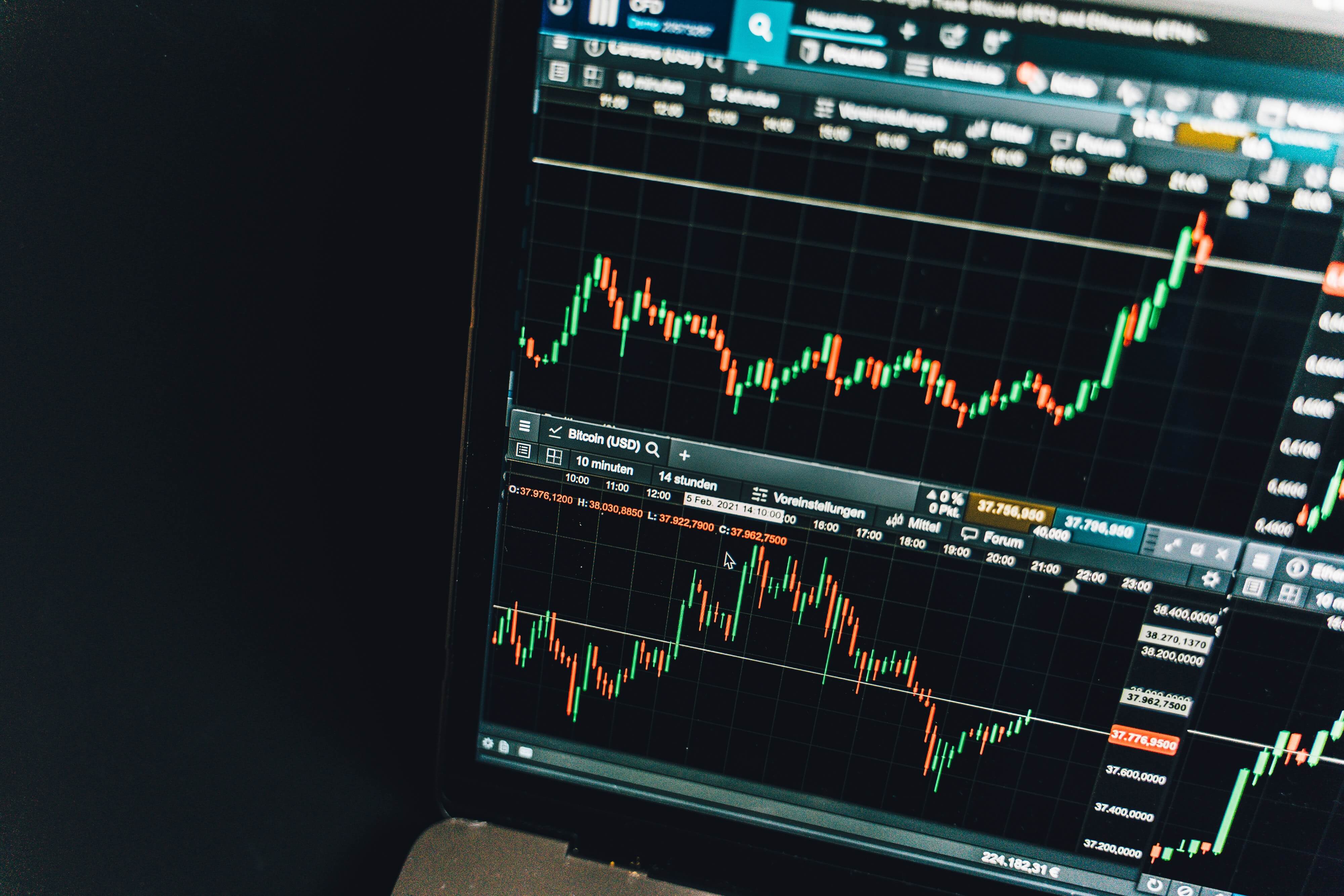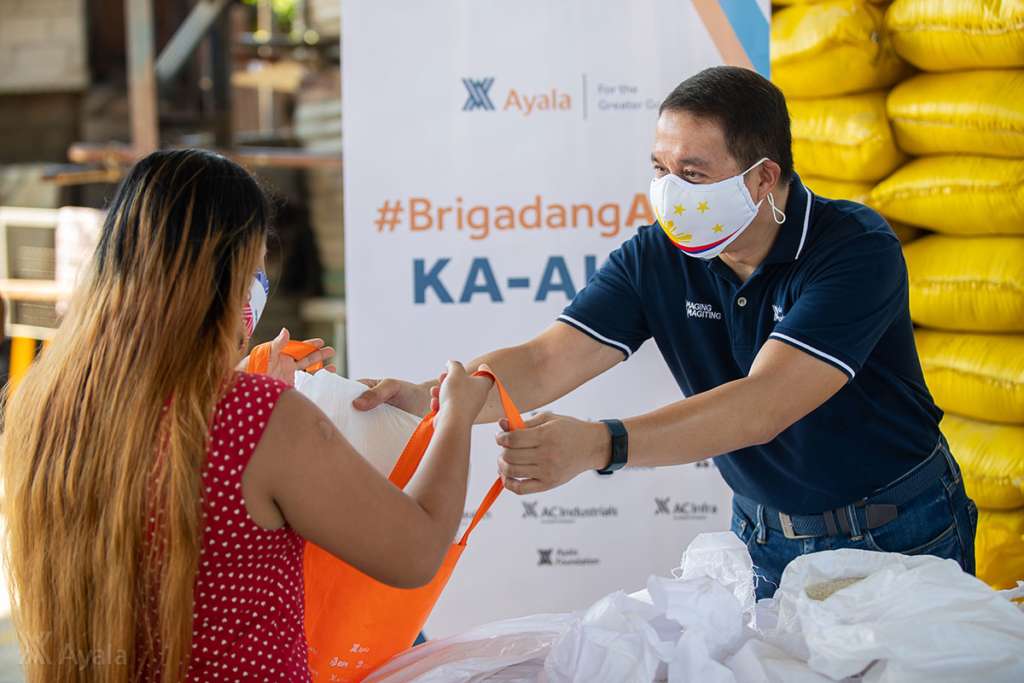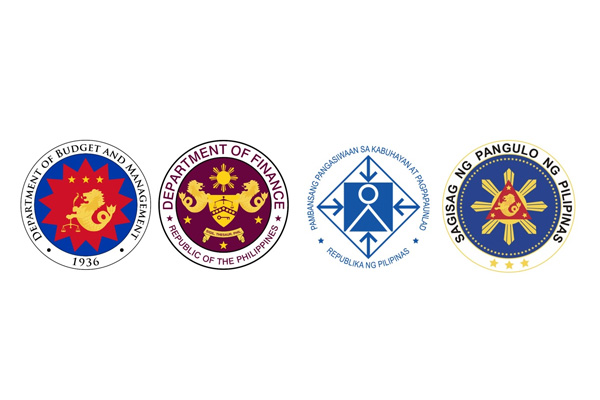QUEZON CITY (PIA) --With positive developments in the domestic economy and favorable global trends, the Development Budget Coordination Committee (DBCC) remains optimistic about the country's growth prospects.
DBCC has earlier conducted a comprehensive review of the Philippine government's macroeconomic assumptions, fiscal program, and growth targets for the fiscal years 2023 to 2028.
In the first quarter of 2023, the Philippine economy expanded by an impressive 6.4 percent, positioning itself as one of the best-performing economies in the Asia-Pacific region. Outpacing other developing and emerging economies such as Indonesia, China, and Vietnam, this growth has set a solid foundation for future expansion.
The DBCC has maintained its growth projections at 6.0 to 7.0 percent for 2023 and 6.5 to 8.0 percent for 2024 to 2028. These projections take into account both domestic and external risks, including potential challenges posed by El Niño and other natural disasters, global trade tensions, and disruptions in value chainjmjs.
Confident in the country's resilience, the DBCC believes that the Philippines can attain upper-middle-income status within the next two years by implementing near- and medium-term strategies. These strategies encompass timely and adequate importation, preemptive measures to address El Niño, bolstering biosecurity, enhancing agricultural productivity, and advocating for legislative reforms such as the Livestock, Poultry, and Dairy Competitiveness and Development Act.
In terms of macroeconomic assumptions, the DBCC has narrowed the average inflation rate assumption for 2023 to 5.0 to 6.0 percent, reflecting a consistent slowdown in inflation over the past four months. The committee expects the inflation rate to return to the target range of 2.0 to 4.0 percent by 2024 and 2028, supported by proactive measures from the Inter-Agency Committee on Inflation and Market Outlook (IAC-IMO) and appropriate monetary policy actions from the Bangko Sentral ng Pilipinas (BSP).
The DBCC has maintained the assumption for the price of Dubai crude oil at USD 70 to 90 per barrel for 2023 to 2024. Subsequently, the forecast suggests a stabilization of crude oil prices at USD 60 to 80 per barrel from 2025 to 2028, following falling global prices.
Regarding the peso-dollar exchange rate, the DBCC has narrowed the assumption to USD 54 to 57 for 2023, with expectations of stability at USD 53 to 57 for the medium term. The peso will continue to benefit from structural foreign exchange inflows and ample international reserves, supporting a stable exchange rate.
While goods exports and imports growth projections for this year have been revised downwards at 1.0 percent and 2.0 percent, respectively, due to near-term global demand outlook and trade prospects, they are expected to stabilize at 6.0 percent and 8.0 percent, respectively, in the medium term.
Emphasizing its commitment to sound fiscal management, the DBCC highlights the Medium-Term Fiscal Framework as a guiding principle. Fiscal performance for the first four months of the year has been strong, with actual revenues reaching P 1.26 trillion, a notable increase of 11.2 percent attributed to improved tax administration. It is projected to further rise to P 3.729 trillion by the end of 2023 and P6.622 trillion in 2028 through the implementation of revenue-generating measures.
The DBCC aims to prioritize infrastructure and socio-economic development, with disbursements expected to remain above 20.0 percent of GDP throughout the plan period. The deficit is also targeted to gradually reach pre-pandemic levels of 3.0 percent of GDP in 2028, a significant improvement from this year's 6.1 percent.
Looking ahead, the national government is currently preparing the proposed national budget for FY 2024, amounting to P 5.768 trillion, a 9.5 percent increase compared to this year's budget. The proposed budget will focus on priority expenditure items that promote social and economic transformation, including infrastructure development, food security, digital transformation, and human capital development. With limited resources, the government will ensure that the FY 2024 National Expenditure Program only includes implementation-ready agency proposals.
The DBCC reaffirms its commitment to sustaining the Philippine economy's high-growth trajectory, aligning it with the aspirations of Filipinos for a "matatag, maginhawa, at panatag na buhay" (strong, comfortable, and secure life). By implementing comprehensive reforms and strategies in coordination with government institutions, the DBCC aims to foster lasting impacts on fiscal resources, the business climate, and the lives of Filipinos. (PIA-NCR





